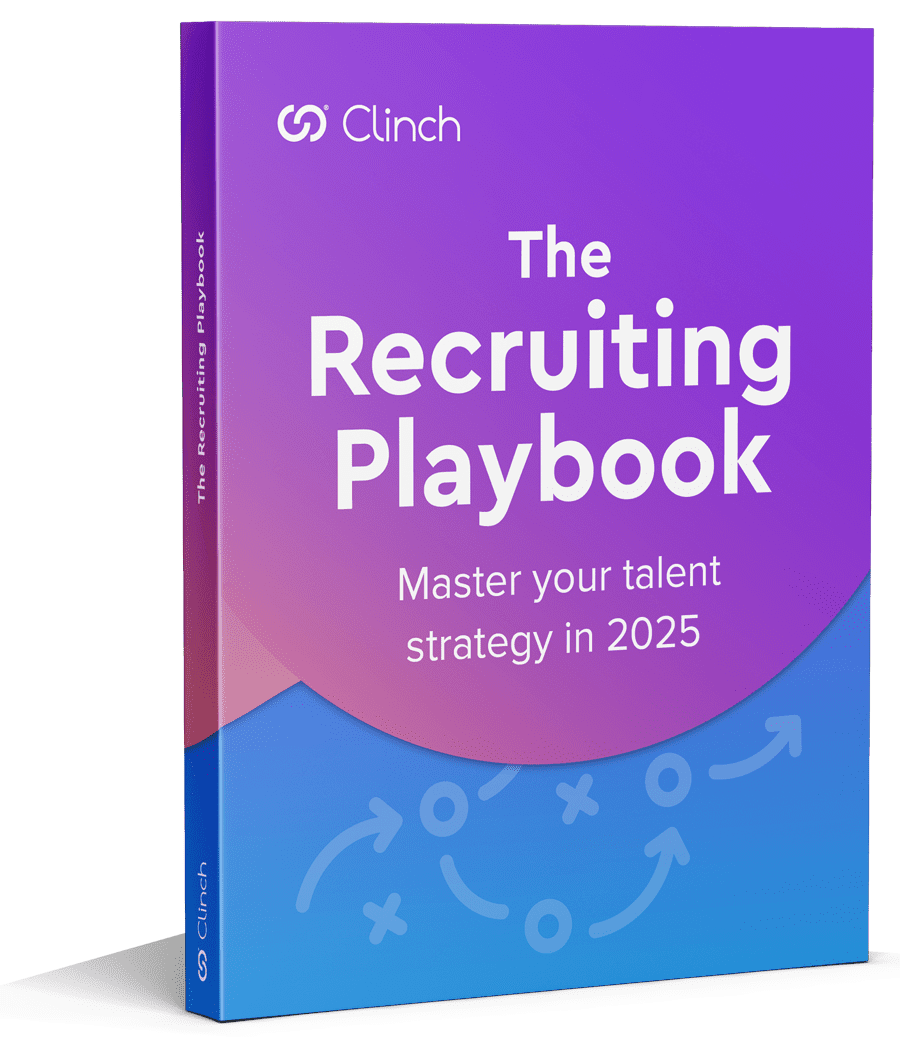Candidate relationship management (CRM) tools are a great resource for hiring managers to efficiently handle the recruitment process while engaging with talent and leading them through the hiring stages. Without a CRM, hiring managers and recruiters have a difficult time tracking, getting to know, and moving candidates through the talent pipeline.
Considering recruitment marketing software to streamline your hiring process? Here are the top five recruitment problems a CRM can help solve.
1. An inefficient hiring process
The days of companies using pen, paper, and spreadsheets to hire are gone. With a CRM, hiring managers can efficiently walk through the recruitment process with candidates, keeping them informed and updated along the way. When the CRM acts as a centralized database, it enables hiring managers to gain a full view of their recruitment funnel and keep track of prospects.
Most CRM programs offer a variety of features for hiring teams, which help them efficiently facilitate the recruitment process through advanced workflows. Here are a few of the time-saving tools a CRM offers a hiring manager:
- A centralized database to manage potential candidates
- Automated posting of available positions to job sites
- The ability to contactlessly schedule interviews
2. A diminished talent pool
It’s important for the recruiter to communicate with high-quality candidates who don’t receive a role. With the help of CRM tools, recruiters can keep prior candidates in the loop about new openings they would be a good fit for. This saves companies time and resources because the applicants have already been through part of the process, and recruiters are aware of what the candidate can offer. CRM tools can also effectively manage employee referral programs and social recruiting, helping fellow employees refer top talent for consideration.
CRMs help to grow your talent network.
An effective nurture strategy keeps interested job seekers excited about the possibility of working for you. The result is a pipeline of qualified and motivated talent ready to be tapped into at a moment’s notice. Use a simple subscribe button to make it easy for interested job seekers to join your talent network on your career sites. One-click, and they are in the loop to get updates on company news, upcoming events, and open positions. Use your candidate relationship management (CRM) tool to invite members of your talent network to hackathons, roundtables, and employee resource group events to keep them engaged and invested in your organization. When they’re ready, they’ll apply for a role knowing that your organization is a great fit for them.
3. Disengaged candidates
When candidates are left in the dark about where they are in the recruitment process, they begin to lose hope and become disengaged. Inevitably, they accept another offer or drop out of the recruitment process, and may even share their poor experience with other jobseekers. When your candidates may also be your customers, this can have serious business impacts. Since 2016, candidate resentment – that’s people who sever their relationships with a company because of a bad experience – has increased by 40%, according to research from Talent Board. A candidate should feel they matter to their potential employer and a CRM helps accomplish that task.
A CRM makes it easy to maintain communication and update prospective candidates along the way, sending them personalized check-ins, prompts and reminders to apply for a role. They are more likely to feel engaged throughout the hiring process, which can give them a stronger connection to the company. This is particularly important, as your candidates may also be your customers. They will remember the experience they have with your organization.
4. Limited collaboration between hiring managers and recruiters
With a CRM system in place, hiring managers across the company can see the progress of each candidate to better understand what gaps still need to be filled. Since a CRM database stores all candidate information and progression in the pipeline, hiring managers, HR team members and recruiters can easily see the status of each open role and find the information they’re looking for.
Most importantly, CRMs allow HR teams to see where their recruitment process is working smoothly, and identify areas for improvement. They can collaborate and share suggestions about prospective candidates who may fit a certain role, thereby strengthening the quality of applicants while saving time on communication.
5. A lack of transparency into recruiting performance
Using a CRM gives hiring teams a benchmark for evaluating ROI. Managers can view metrics to observe how long the hiring process took for a candidate and what sourcing channels provided the most qualified candidates.
With these metrics, hiring managers learn what channels work best for filling positions. They can see at what point applicants are dropping out of the application process, or if specific recruitment channels don’t drive applications.
If your business is looking for a better way to source and attract top talent, talk to Clinch. From marketing automation to custom-built smart career sites, our mission is to help companies optimize their hiring processes and build deeper relationships with potential talent.
Take a 3-minute tour with Clinch to see how our recruitment marketing solutions can take your hiring process to the next level.



